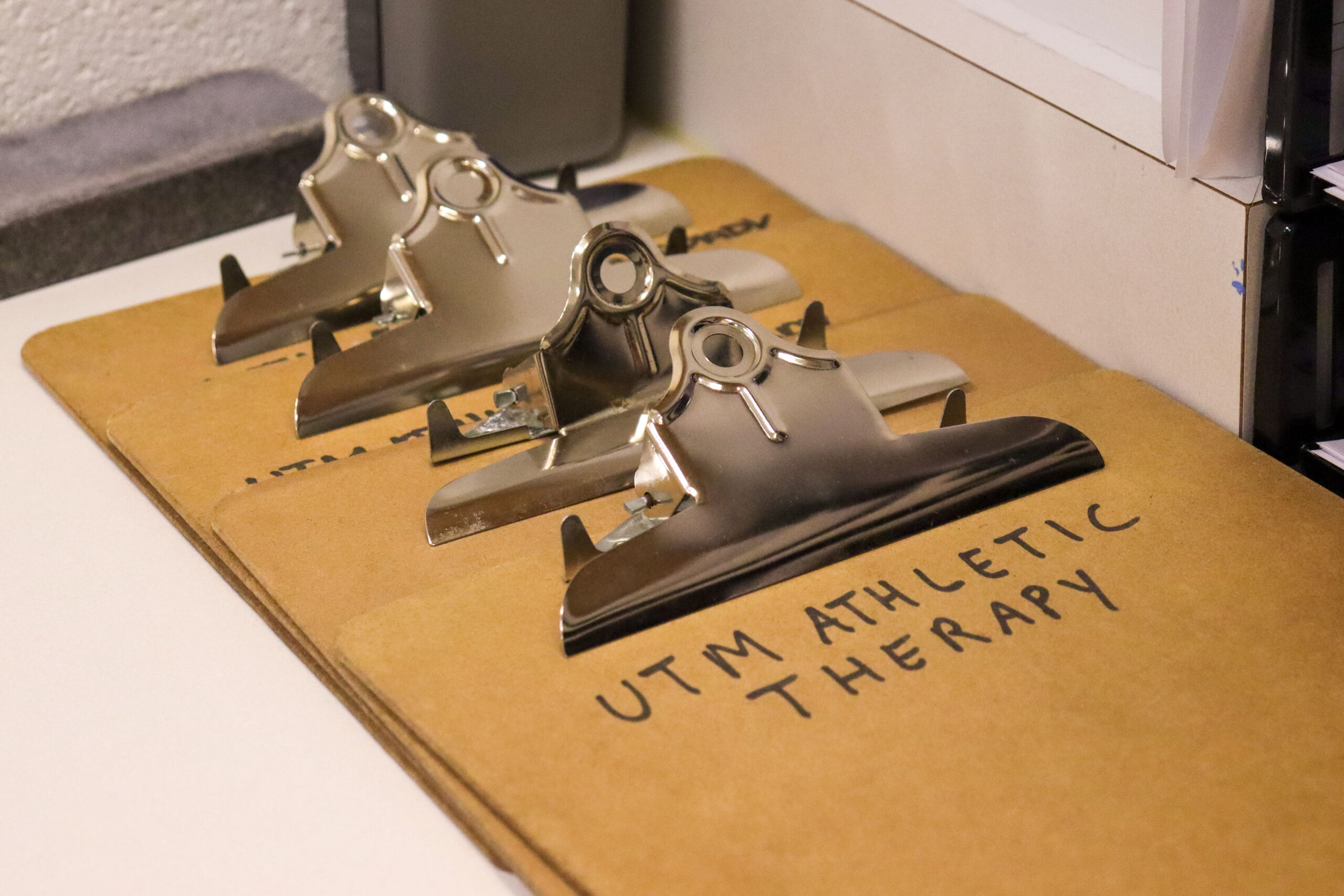The dark reality of sports injuries
While blood and broken bones take months to heal, mental health problems can persist for much longer.
The body and the mind are interconnected. When one is hurt, the other follows. For athletes who are more prone to physical injuries, their mental health can easily deteriorate.
In every sport, some physical injuries are more likely than others. For example, football players are bound to have more concussions because of constant helmet-to-helmet contact. Runners often face shin-splints from running on hard surfaces such as roads or sidewalks. One third of professional baseball pitchers undergo shoulder surgeries at some point in their career. Athletes cannot commit to any specific sport without the guarantee of physical injuries.
While physical injuries may differ depending on the sport, the subsequent mental health challenges athletes endure are often very similar.
Mental challenges of athletes with physical injuries
Injured athletes commonly struggle with depression, anxiety, anger, resentment, and fear. As one sports injury clinic explained, injured athletes go through depression due to a loss of identity and purpose. For many athletes, sports are their entire lives. Therefore, an injury that disables them from the one thing they love prompts feelings of disorientation and loss of identity.
Boston Children’s Hospital also points out that athletes who develop depression due to physical injuries face higher levels of pain and increased complications post-surgery rehabilitation. Knowing that they may no longer play or recover from their injuries often heightens anxiety levels in athletes. The hospital connected higher levels of stress and anxiety with prolonged recovery times. Recognizing that they may never fully recover only increases anxiety, causing the cycle to repeat.
As athletes repeat the incident of their injuries nonstop in their head, they begin to foster feelings of anger and resentment. These feelings are often directed towards themselves and towards the situation that led to the injury. As a result, many athletes struggle with intense regret and frustration, believing a difference in their actions may have resulted in a better outcome.
Furthermore, this anger and resentment may be reflected on teammates or the opposing individuals who inflicted the injury. An athlete with growing anger and resentment develops a cloud of misjudgment, and fails to perceive the situation in a more positive mindset, which could have aided in their healing journey.
Injury relapses are also a major fear of many athletes. They worry that returning to sport and fully exerting themselves will result in new or reaggravated injuries. This fear prevents them from enjoying what they once loved, and may also put them in a slump. Once they enter that phase, it becomes very hard for them to overcome their fears and fully commit to the sport like they did in the past.
Of course, every athlete faces different mental challenges. Their desperateness to return to normal, commitment to rehab, and love for sport will always result in different healing outcomes.
Healing from injury
Interestingly, some athletes thrive from injuries. Rather than letting the injury overtake their mind, they use the opportunity to better themselves. Their strong identity as athletes encourages them to persist through their rehabilitation with positive mindsets. The injuries become a source of motivation for them to take better care of their bodies in case of any future injuries. Injuries also allow athletes to reset their approach to sport so that they are more conscious of how to avoid injuries, both physically and mentally.
However, not every athlete is built to view an injury in an optimistic manner. It takes counseling sessions, revisions with coaches and teammates, familial support, and other help groups for athletes to heal mentally from their physical injuries.
Henry Ford Health encourages injured athletes to set clear and realistic goals that they should aim to achieve in their healing journey. Athletes are natural goal setters. They grow themselves through established goals. This is why setting specific, measurable, attainable, relevant, and time-bound (SMART) goals could help them reconnect with their journey as athletes.
Henry Ford Health also recommends that athletes stay optimistic. They can accomplish this by visualizing a healthier version of themselves. When an individual pictures their future, they are more motivated to push through any challenges they may face. Therefore, when an athlete visualizes a healthier version of themselves, they are more likely to overcome any mental or physical obstacles, no matter how long it may take.
It is also important that athletes focus on the present. Trying to see too far into the future may cause many athletes to rush their healing process, which may lead to further anxiety and higher levels of frustration. Thus, it is vital for them to understand their situation, and what needs to be done here and now, not in a year or two.
The core of healing any injury — mentally or physically — is to accept that one is not okay. When athletes acknowledge that they are hurt, they ease the level of frustration and anger with which they are suffering. By accepting the pain, athletes open their minds to what truly hurts, whether that is the physical or mental aspects. In turn, they allow themselves the opportunity to communicate with professionals regarding their pain so that the appropriate steps are advised.
Most of all, athletes should remember that they are human and that it is okay to rely on others. Connecting again with coaches, teammates, counselors, or family members is a great way of building a support network that would have your back no matter how many times you fall. Relying on others is the first step that any injured athlete should take.
Everyone can heal. It’s just a matter of time and effort.

